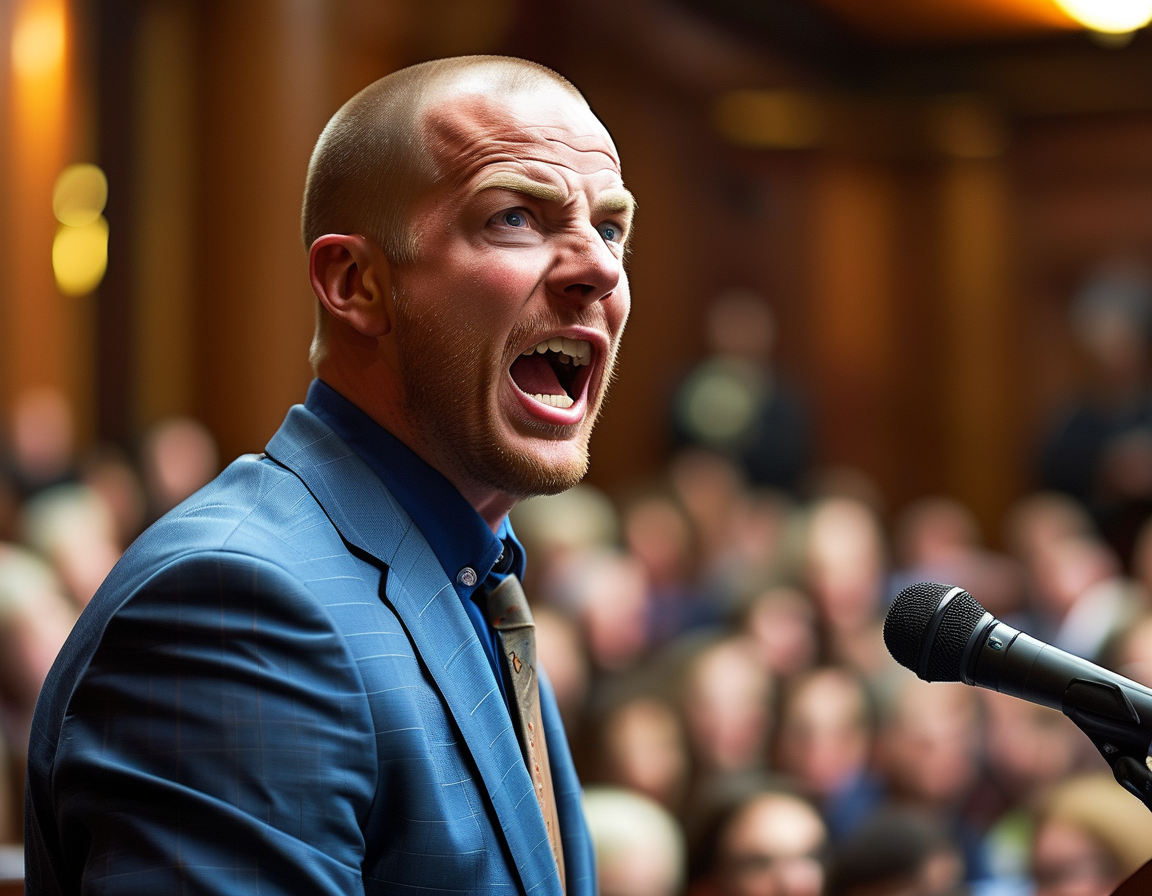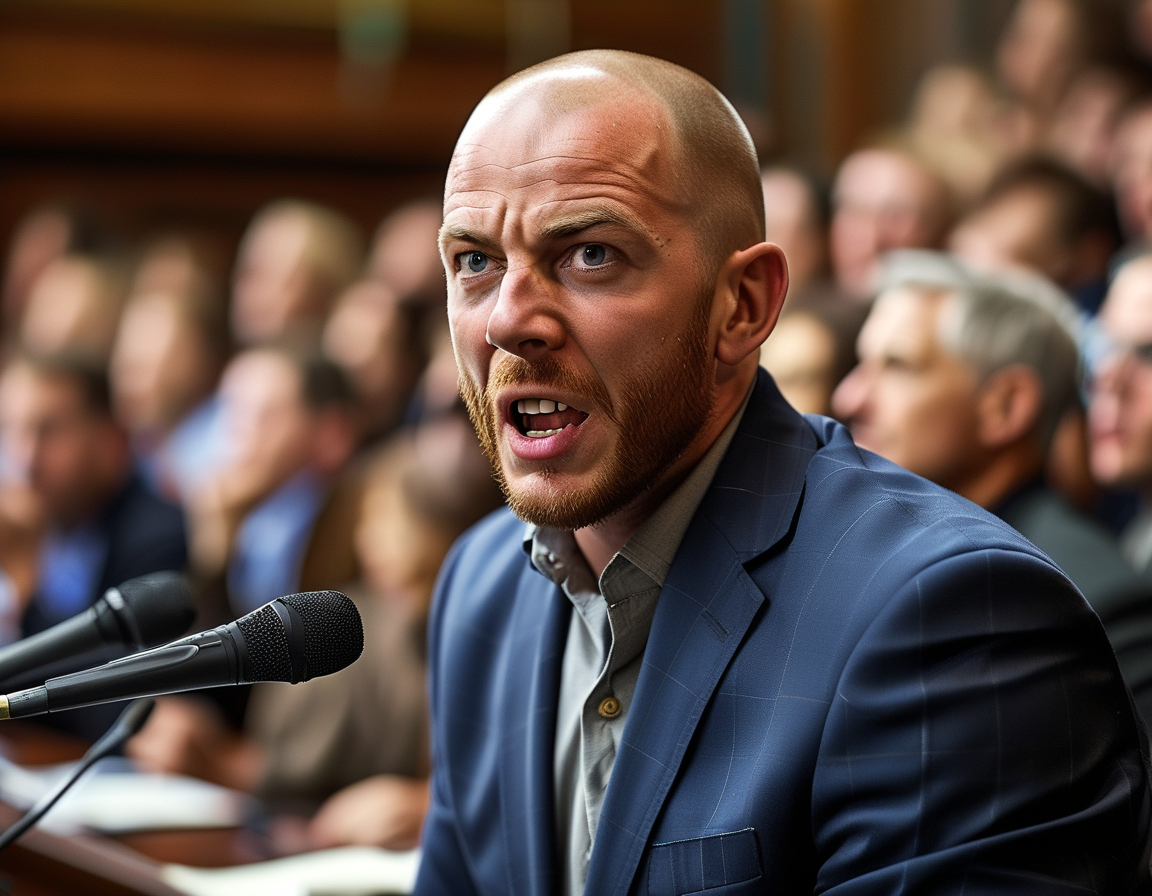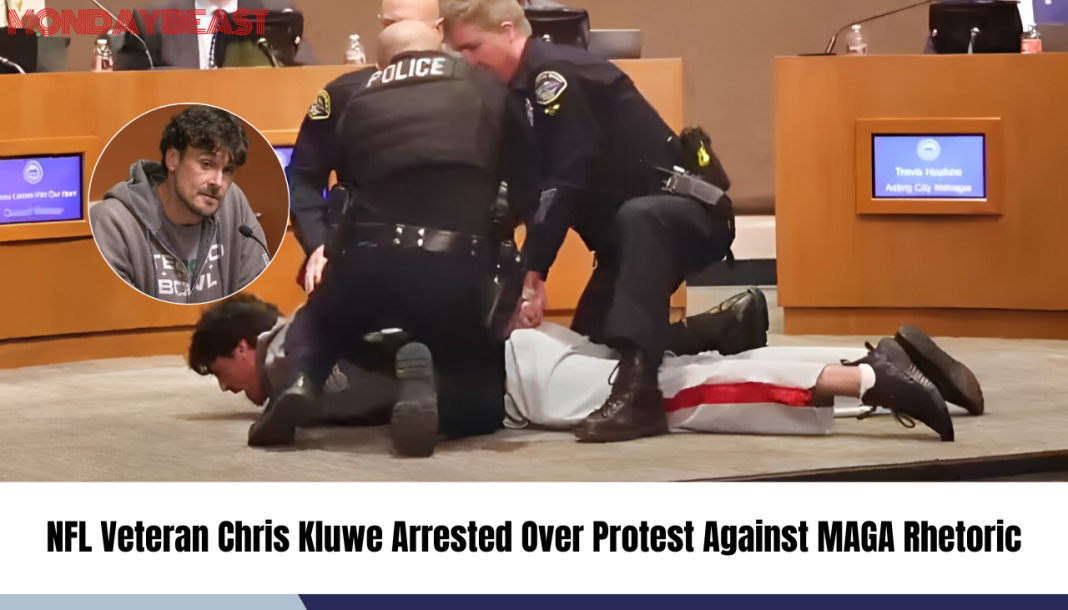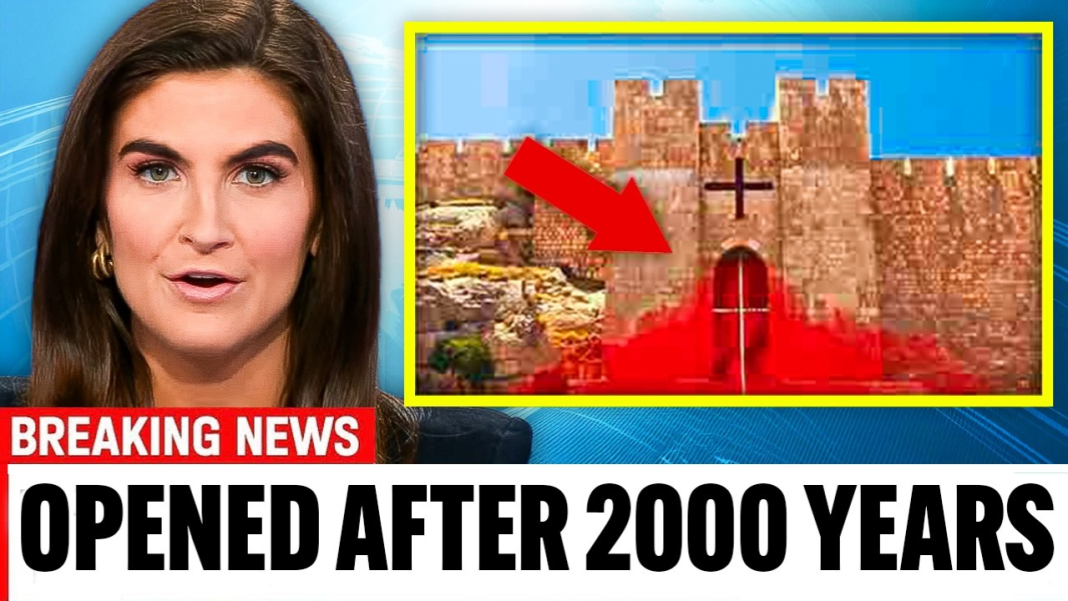In a bold act of civil disobedience, Chris Kluwe, former NFL punter for the Minnesota Vikings, was arrested during a city council meeting in Huntington Beach, California. Kluwe’s protest ignited a passionate discussion about political rhetoric and its implications. He voiced powerful opposition to a proposed plaque at the local library that cleverly spells out MAGA using seemingly innocuous words like ‘Magical’ and ‘Galvanizing.’ The plaque, however, represents more than decorative language; it symbolizes the divisive political climate many Americans are concerned about today.

Kluwe took the floor during public comments to share his thoughts with the council, which consists of all Republican members. In a striking moment, he directly challenged their definition of MAGA. “MAGA stands for trying to erase trans people from existence. MAGA stands for resegregation and racism,” he declared, earning cheers from the audience. His words were not just a denunciation; they were a reflection of escalating tensions in America. By likening this movement to a Nazi ideology, he amplified existing fears and frustrations surrounding Trump’s influence.
While many might argue that Kluwe’s remarks, though incendiary, resonated with the realities faced by marginalized groups, it raises an essential question: is public discourse degenerating into emotional warfare? Notably, his criticisms stem from personal experience. Kluwe previously claimed he faced repercussions in the NFL for speaking out about same-sex marriage. His past now undergirds his current activism—a mixture of personal history and a wave of broader social issues he feels compelled to address.

In a moment laden with tension, Kluwe walked towards the council members, prompting law enforcement to intervene. As law enforcement placed him in handcuffs, an uncomfortable question lingered: How far is one willing to go for one’s beliefs? In Kluwe’s case, he seems ready to challenge authority for what he perceives as justice. His willingness to engage in civil disobedience echoes historical figures who took similar stances in the name of principle.
Commentary surrounding Kluwe’s arrest poses broader implications. In an age where political polarization runs rampant, how do gestures like these affect public dialogue? Advocates argue that protests help facilitate important conversations. Critics contend these actions create further division. What is the right balance between dissent and decorum in political discussions?

Undoubtedly, Kluwe’s actions reflect a concern many Americans share. The divide isn’t just political; it’s personal. The very fabric of American society is being tested. Activism, like Kluwe’s, shows that there is a growing urgency for people to express their discontent. Each voice matters but can also provoke strong reactions. For Kluwe, the spotlight is not just on him but on the broader movement of individuals fighting for equity and justice. His arrest may create waves but also calls for active engagement in advocacy.
As Kluwe leaves the council chamber, the lingering question remains: what will his protest spark in the minds of others? His moment might inspire more people to speak out. Civic engagement can manifest in many forms, but not all methods garner the same level of attention. Perhaps Kluwe’s willingness to be arrested will set a precedent, or at least a tone, for future activism, urging others to stand up in their own communities.




